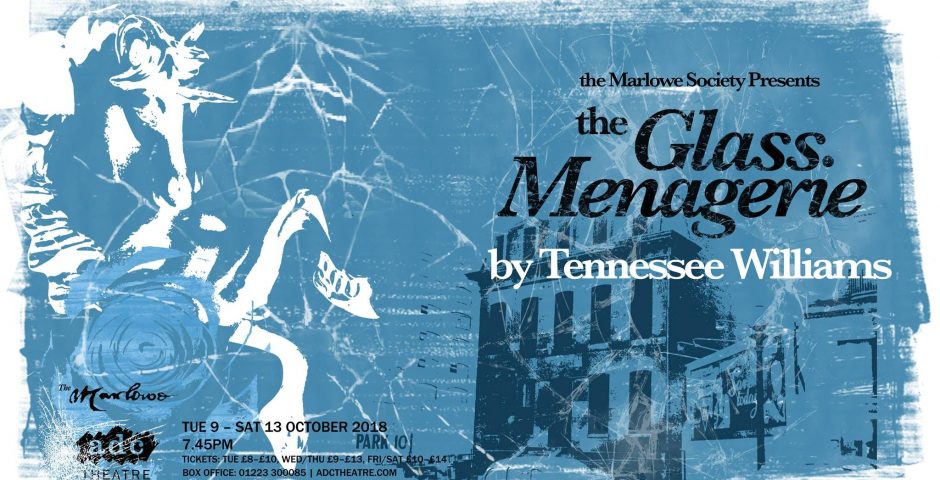
Review: The Glass Menagerie
The production that rises and shines
This week’s ADC production of 'The Glass Menagerie' would have impressed Tennessee Williams himself for overcoming the notorious difficulty of staging one of his plays. Its delicate lighting, diegetic music and vibrant characters perfectly captures the essence of his domestic drama.
Despite the imbalance in the lines they spoke, all four cast members equally infuse the play with their individual charm and simultaneously steal the show. Impressively, they all maintain a spirited accent throughout, transforming them into truly believable antebellum Southern Americans.
The audience is immediately drawn in by Tom Wingfield’s monologue, delivered by Bilal Hasna. Throughout the narrative, Hasna adeptly shifts between tenderness and rage, and his soliloquies elucidate the emotional conflict within his heart. He is shrouded by a dim light, emphasising the dream-like quality of the memory play. It is complemented by a simplistic set, which is strikingly effective for some moments, but perhaps should have been more varied for the play to cross the boundary from excellent to exceptional.
Although the play remains in the comfortable confines of the Wingfield household, the audience is captivated by the turbulent dynamics within the family. Amanda, the fallen Southern Belle, played by Kim Alexander, nostalgically reminisces over her former splendour while toiling for her two children. The audience is both amused by and in admiration of her fierce protectiveness over Tom, and the older Laura, acted by Ellie Gaunt. All three actors bare a stark contrast on stage: while Alexander flourishes the charisma and vitality of her character, Gaunt and Hasna possess a youthful vulnerability, often invoking laughter from the audience. There is a relatable hilarity in witnessing a mother constantly fret over her children, and Alexander’s feistiness had no boundaries. Other times, we were overcome by a wave of sympathy for all three characters.
The poignancy of the play culminates in the last scene when acquainted with the swaggering charm of Jim O’Connor, played by Leo Benedict. Through Gaunt’s seamlessly fluid characterisation, we witnessed Jim driving Laura from a state of violent illness to her embracing a newfound sense of self-worth. Despite his brazen self-assurance, Benedict’s depiction of Jim makes him unavoidably likeable, and the audience sincerely hopes for a whirlwind romance between the two characters. When Laura is ultimately betrayed by Jim, the audience cannot help but share her despair.
Just like Laura’s rare glass unicorn, the play has a radiance that permanently distinguishes it within our menagerie of memories.
4/5









































